Nowadays, some people enjoy a glass of wine to unwind after a long day of traveling or hiking, while others consume it with their favorite dishes. If you like drinking wine often, it may be an excellent option to have a dedicated place to store them.
Some wine enthusiasts or collectors invest in a storage unit for their bottles. There’s various equipment that can create the proper environment to preserve wines. Hence, it may be a good idea to invest in a cellar refrigeration system if you plan on building wine storage space on your property.
Why Should You Get a Wine Cellar Cooling Unit?
Different types of wine will require varying storage temperatures to preserve their quality. If a bottle is stored in a place that’s too hot or too cold, it may cause the wine to go bad. Some wines are sensitive to heat, and the slightest exposure may cause a change in their flavor profiles. Hence, it’s vital to use a storage space to maintain your wines’ optimal environment and temperature.
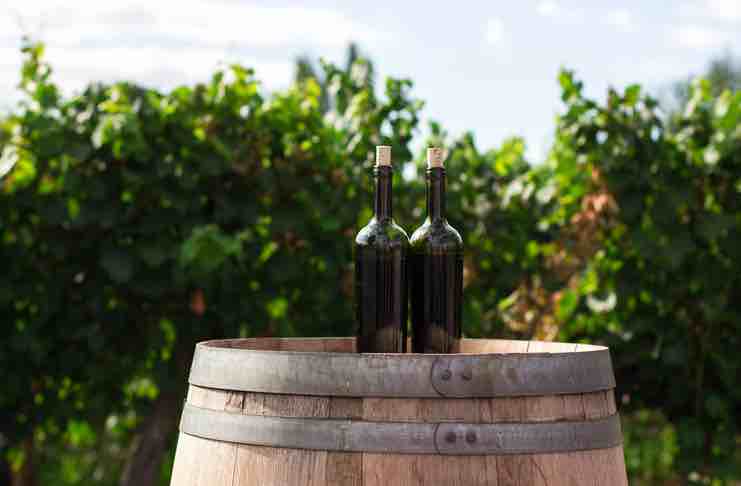
If you have multiple bottles you want to keep or plan on collecting various wines, it may be best to get a wine cellar cooling unit. A cooling system can maintain the ideal humidity level and temperature of your wine storage with ease. It can increase or decrease the amount of water vapor in a room to preserve the quality of the wines. In addition, relying on a good quality cooling system will help ensure the space you’ll use for your wines has even ventilation and proper air circulation.
Types Of Cooling Systems
There are different refrigeration models available depending on the size of your storage space and location. For instance, ducted wine cellar cooling units or split-type models suit residential properties since the condenser and evaporator can be placed in a different room. You only need space for ducts to ensure your wine storage will have good air circulation at all times. If you plan on converting a small room into a cellar, you can get a self-contained system since it’s compact and easy to install.
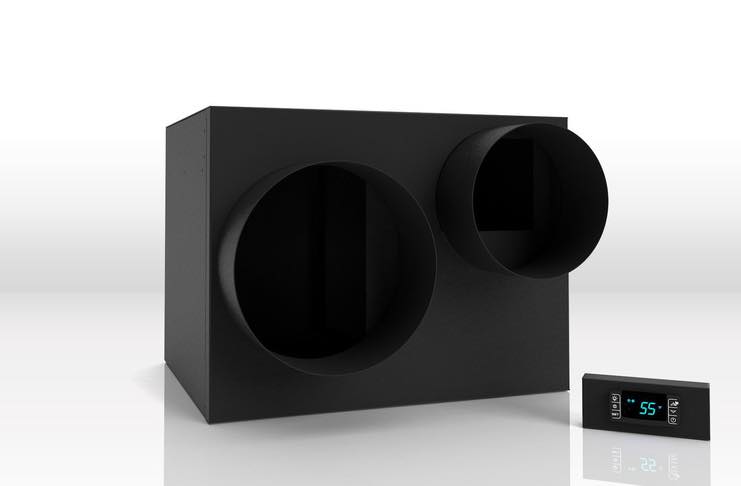
If you don’t have space in your property for a wine cellar, you can also get smaller equipment to store your wines. For instance, you can purchase a wine refrigerator with a dual temperature feature so that you can keep both your reds and whites in the same place.
Ideal Storage Conditions for Wines
Just like some wineries that store and keep large quantities of wines, you can also store multiple bottles on your property without any problems. Nowadays, you can purchase various equipment to create an optimal storage area for your drinks. For example, installing a cellar refrigeration system in your residence will enable you to preserve the quality of the bottles you have.
If you’re not too familiar with the recommended storage conditions for different wines, here’s a guide to help you out:
Red Wines
The ideal storage temperature for your reds is between 50 to 65 degrees Fahrenheit. Some reds like Bordeaux or Shiraz aren’t as sensitive to temperature and can retain their flavors as long as they’re stored below 65 degrees. Keeping your bottles in a cool and dark place will help ensure that the flavor profiles of each wine will remain intact until it’s time to open them.
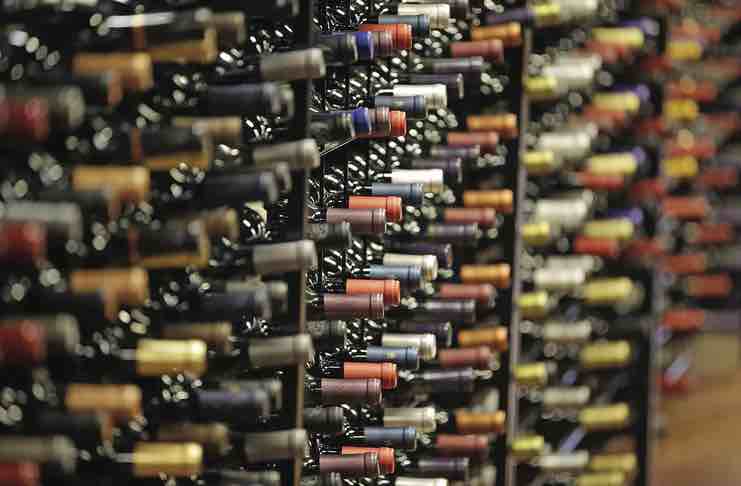
White Wines
Most white wines will require a cooler storage temperature than red wines. For instance, light-bodied beverages like Pinot Grigio or Riesling should be kept at a lower temperature to ensure they won’t lose their aroma and flavor profiles. The recommended storage condition for whites and sparkling wines is between 40 to 55 degrees Fahrenheit.
A wine refrigeration system can maintain the recommended temperature range for both reds and whites and ensure all areas of your wine storage are ventilated equally.
Other Factors to Consider
The temperature and humidity of your wine storage unit aren’t the only factors you need to consider if you wish to keep your bottles fresh. You also need to ensure your cellar isn’t exposed to the following:
- Vibration: The aroma of your wines may lessen if they’re constantly exposed to vibration. Small but frequent movements can affect the sediments present in your drink and may lead to decreased levels of tartaric and succinic acids. When this happens, the flavor and aroma notes of your wine will turn dull.
- Sun Exposure: Just like heat, direct sunlight may cause your wines to age faster or even spoil. Hence, it’s best to build your wine cellar in a cool and dark place to lessen the risk of sun exposure.
Final Thoughts
Storing wines is easy, as long as you know the recommended storage temperature for the types of bottles you own. You can also rely on a wine refrigeration system to ensure that the room you’ll use for your wines will maintain the ideal conditions at all times.
Want to read more of our latest posts? Check out the Do’s and Don’ts during Hiking.
Alex is a computer geek, programmer, who loves traveling. Not the usual mix, but Alex is always with his laptop – no matter how high the mountain he’s hiking on. On every peak he reaches, he writes a story that captures it all.

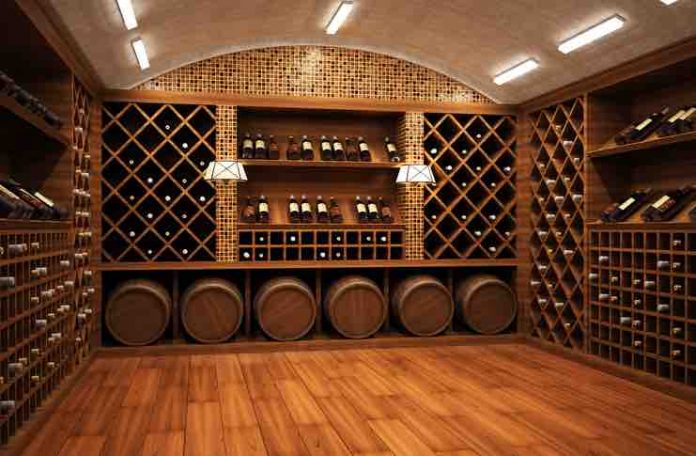
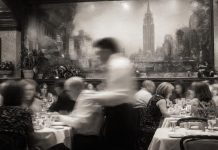







 Sarah Knapp is a Brooklyn based entrepreneur whose love for the outdoors and community building led her to the October 2013 creation of OutdoorFest. She has a BA in History, is a Wilderness First Responder and a NY state hiking, camp and boating guide. Her proudest achievement to date is reading the Aeneid in Latin.
Sarah Knapp is a Brooklyn based entrepreneur whose love for the outdoors and community building led her to the October 2013 creation of OutdoorFest. She has a BA in History, is a Wilderness First Responder and a NY state hiking, camp and boating guide. Her proudest achievement to date is reading the Aeneid in Latin.  Allison was one of our first top writers and Chief Editor but is no longer working with offMetro. Allison is a native New Yorker, who has lived in Rome, Tuscany, Melbourne, Toronto and Los Angeles. She frequently contributed travel pieces to Family Travel Forum, using her own children as guinea pigs as they travel the globe. She never missed a chance to sample local delicacies, as her love for travel goes hand-in-hand with her love for food and wine.
Allison was one of our first top writers and Chief Editor but is no longer working with offMetro. Allison is a native New Yorker, who has lived in Rome, Tuscany, Melbourne, Toronto and Los Angeles. She frequently contributed travel pieces to Family Travel Forum, using her own children as guinea pigs as they travel the globe. She never missed a chance to sample local delicacies, as her love for travel goes hand-in-hand with her love for food and wine. 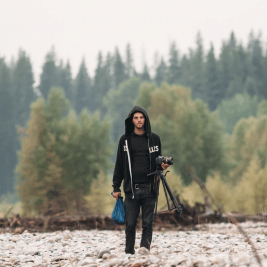 Josh Laskin is a freelance travel writer and photographer based in the White Mountains of New Hampshire. When he is not at work or on the road, you can find him in the mountains snowboarding, climbing, hiking, fly fishing, mountain biking, and eating bagel bites.
Josh Laskin is a freelance travel writer and photographer based in the White Mountains of New Hampshire. When he is not at work or on the road, you can find him in the mountains snowboarding, climbing, hiking, fly fishing, mountain biking, and eating bagel bites. Annie is a travel writer, environmentalist, and surfer based in Venice, CA. She heads up our West Coast team, keeps our grammatical errors in check, and makes sure our California writers always have a plan for their next adventure. Follow Annie’s travels @annelisemcb.
Annie is a travel writer, environmentalist, and surfer based in Venice, CA. She heads up our West Coast team, keeps our grammatical errors in check, and makes sure our California writers always have a plan for their next adventure. Follow Annie’s travels @annelisemcb. Carly Pifer is a freelance writer who has been known to follow whims inspired by romantic movie scenes or colorful street style shots to India, Japan, Tunisia and Argentina. After stints living in Seoul, Boston, Paris and Los Angeles, writing and searching for something intangible, she landed somewhat steadily in Brooklyn and has begun to find inspiration in her more immediate surroundings.
Carly Pifer is a freelance writer who has been known to follow whims inspired by romantic movie scenes or colorful street style shots to India, Japan, Tunisia and Argentina. After stints living in Seoul, Boston, Paris and Los Angeles, writing and searching for something intangible, she landed somewhat steadily in Brooklyn and has begun to find inspiration in her more immediate surroundings.  Kate E. O’Hara is a New York based freelance writer and photographer who loves all things food—especially the people who make it and market it. Her writing aims to capture the essence of the food experience; the stories that go well beyond a plate of ingredients. In addition to her love of food, Kate is also known to have a hankering for red wine and craft beer. You can also find Kate on Instagram
Kate E. O’Hara is a New York based freelance writer and photographer who loves all things food—especially the people who make it and market it. Her writing aims to capture the essence of the food experience; the stories that go well beyond a plate of ingredients. In addition to her love of food, Kate is also known to have a hankering for red wine and craft beer. You can also find Kate on Instagram